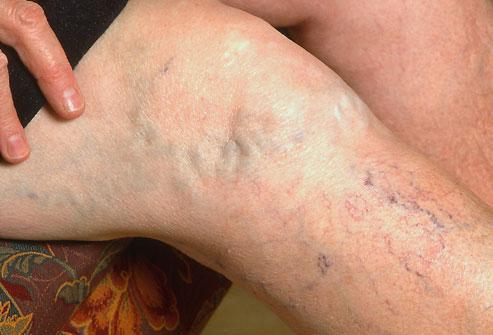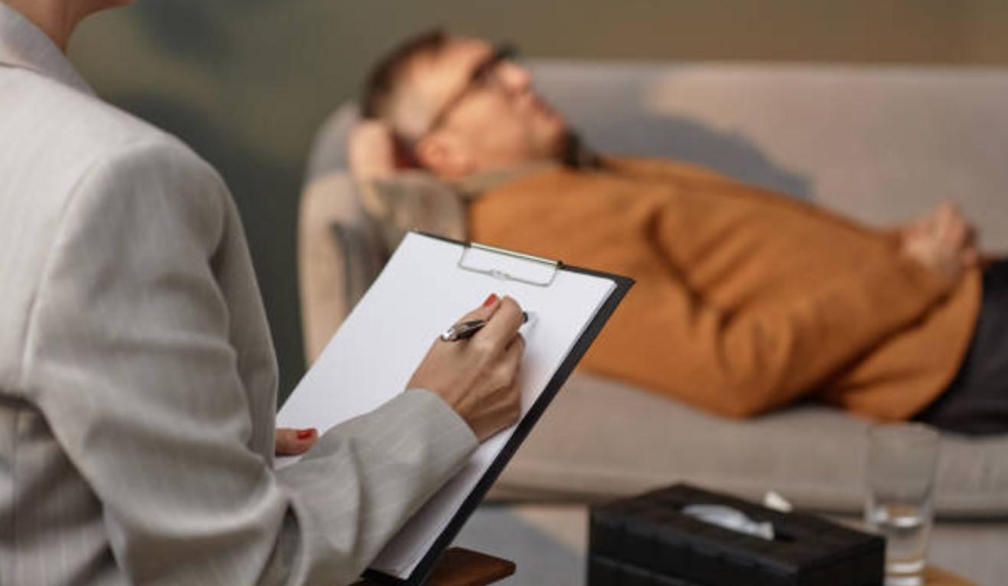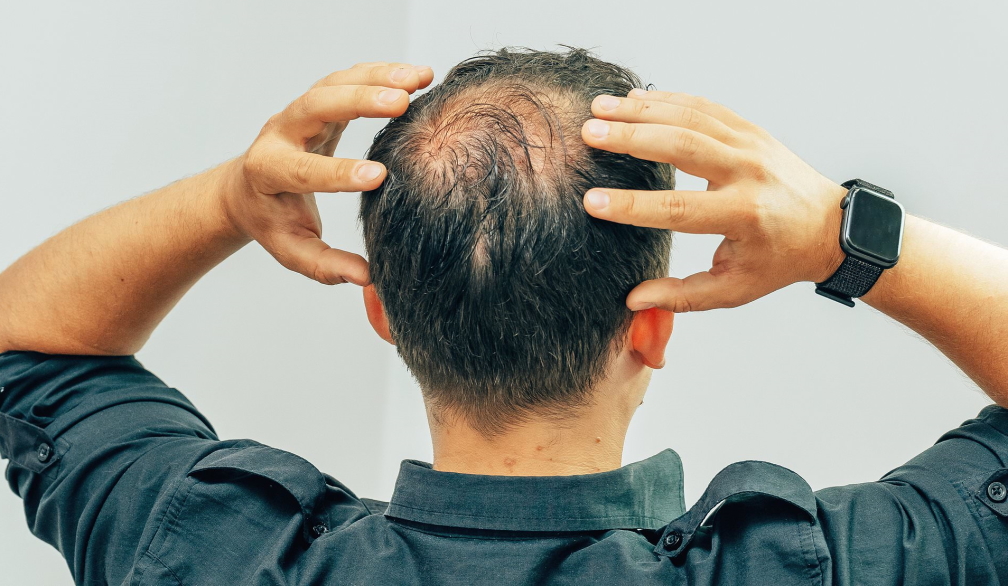Why Do Varicose Veins Sometimes Reappear After Treatment?

It has been proven by modern research that varicose veins have more than 50% occurrence chances after treatment. This stat is a bit scary, and perhaps, you are already wondering why it is so. Well, read on to discover the various reasons for these recurrences and how to choose the proper treatment.
What are Varicose Veins?
Varicose veins are a common condition in women, particularly in pregnancy. However, it is a non-discriminatory condition that could happen to anyone. The usual and proper vein functioning involves blood movement in one direction, usually toward the heart, for oxygenation.
Sometimes, when these veins get weakened due to injury, pregnancy, or any other risk factor, the blood in the veins accumulates. This condition commonly affects the legs and can cause discomfort to the patient in the form of pain and swelling.
It is essential to seek treatment immediately after noticing the symptoms of this disease. However, sometimes the condition reoccurs after treatment which can be exhausting and frustrating for the patient.
Causes of Varicose vein reoccurrence
Here are some of the reasons you might risk recurrences after receiving varicose vein treatment.
The risk factor has not been resolved
There are various risk factors for varicose veins, as earlier mentioned, but when you seek treatment and the risk factor is still present, there's a more than likely chance that the condition occurs again.
For instance, if a pregnant or overweight patient performs a procedure to get rid of their varicose veins but still becomes pregnant in the future or is overweight, there's a possibility of reoccurrence.
Genetic predisposition
If varicose veins run in your family, there might not be a permanent cure for your condition. These varicose veins sometimes lead to a much more chronic or progressive condition, such as deep vein thrombosis, making it harder to treat. If this is you, you can visit a vascular specialist that can develop a treatment plan that's specifically tailored to your health needs. This includes alleviating your symptoms and reducing the risk of developing more varicose veins in the future.
Development of new blood vessels
Your body tries to repair and heal after a surgical procedure. That process can lead to the formation of new blood vessels and cause this condition's recurrence.
Sometimes, the varicose veins that are closed up by treatment are reopened and have started to allow blood flow.
The treatment isn't enough
Usually, the surgical treatment involves cutting off blood supply to the damaged veins or redirecting the flow to a healthy vein. Sometimes, you need more than one treatment to eliminate all the varicose veins. If all of the damaged veins are not treated at once, there is a high chance of recurrence. This is why it is necessary to visit the right health specialist.
How to choose the proper varicose veins treatment
Not all treatment works for everyone. Patients with varicose veins should be offered treatment based on their risk factors, medical records, and specific health needs. A vascular specialist is ideal for deciding what treatment is suitable for a patient.
Standard procedures include laser therapy, sclerotherapy, and phlebotomy. These are minimally invasive and have a short recovery time. Your vascular surgeon may also recommend lifestyle modifications such as exercise, eating healthy, and treatment.





